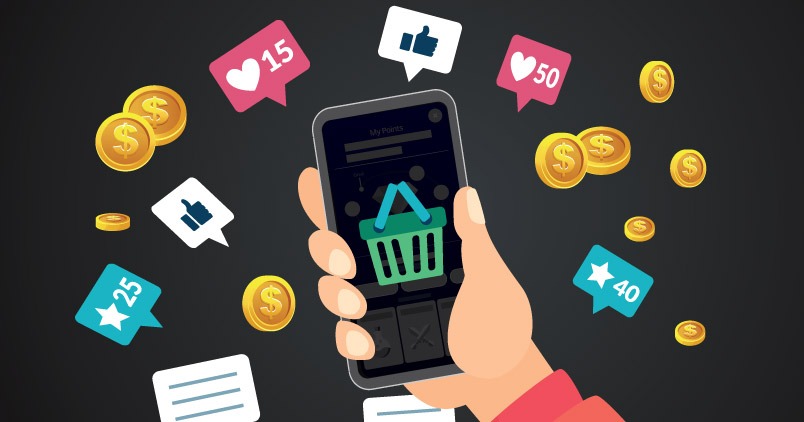In recent years, the gaming industry has witnessed a significant shift in its business model, with free-to-play (F2P) games and in-app purchases (IAPs) becoming the dominant revenue generators. This article delves into the economics behind F2P games, explores the mechanics of in-app purchases, and discusses the implications for both players and the gaming industry.
The Rise of Free-to-Play Games
Changing Revenue Models
Traditionally, video games were sold as standalone products, but the advent of F2P games revolutionized the industry. These games are available to players at no upfront cost, relying on alternative monetization strategies.
Accessibility and Player Base
F2P games have a broader reach, as they lower the entry barrier for players. This approach attracts a more extensive and diverse audience, which can be monetized through in-app purchases.
Understanding In-App Purchases
What Are In-App Purchases?
In-app purchases are virtual items or enhancements that players can buy within a game. These purchases range from cosmetic skins to gameplay-enhancing items, creating a sense of progression and personalization.
The Freemium Model
F2P games follow a freemium model, where the core game is free, but players can spend money on in-app purchases to enhance their gaming experience. This model often employs a microtransaction system, where small purchases add up over time.
Economics Behind In-App Purchases
Whale Spending
A significant portion of a F2P game’s revenue often comes from a small percentage of players known as “whales.” These players are willing to spend substantial amounts on in-app purchases, supporting the game financially.
The Long Tail Effect
While whales contribute a considerable share, the majority of players make smaller purchases. The cumulative effect of these smaller transactions is known as the “long tail” and can generate substantial revenue over time.
Player Psychology and In-App Purchases
The Hook
F2P games are designed to engage players continuously, offering a sense of progression and achievement. This “hook” keeps players invested in the game and more likely to make in-app purchases.
Personalization and Social Pressure
In-app purchases often include cosmetic items that allow players to personalize their avatars or characters. Additionally, social features within games can encourage players to spend to keep up with friends or rivals.
The Industry Impact
Shifting Revenue Streams
The success of F2P games has led to a significant shift in revenue streams within the gaming industry. Developers and publishers are increasingly relying on in-app purchases as their primary source of income.
Game Design Considerations
Developers must strike a delicate balance between creating enjoyable gameplay experiences and incentivizing in-app purchases. Ethical game design practices have become a point of discussion within the industry.
Concerns and Criticisms
Pay-to-Win Mechanics
Some F2P games face criticism for implementing “pay-to-win” mechanics, where players who spend more money gain significant advantages. This can create an unfair playing field.
Addiction and Overspending
In-app purchases can be addictive, leading to overspending by vulnerable players. Regulatory bodies have started addressing these concerns to protect consumers.
Conclusion
The economics of free-to-play games and in-app purchases have reshaped the gaming industry, offering accessible experiences while driving revenue through player engagement. Understanding the psychology and economics behind in-app purchases is crucial for both players and the industry itself. As this business model continues to evolve, finding a balance between monetization and player satisfaction remains a central challenge, one that will shape the future of gaming economics.
